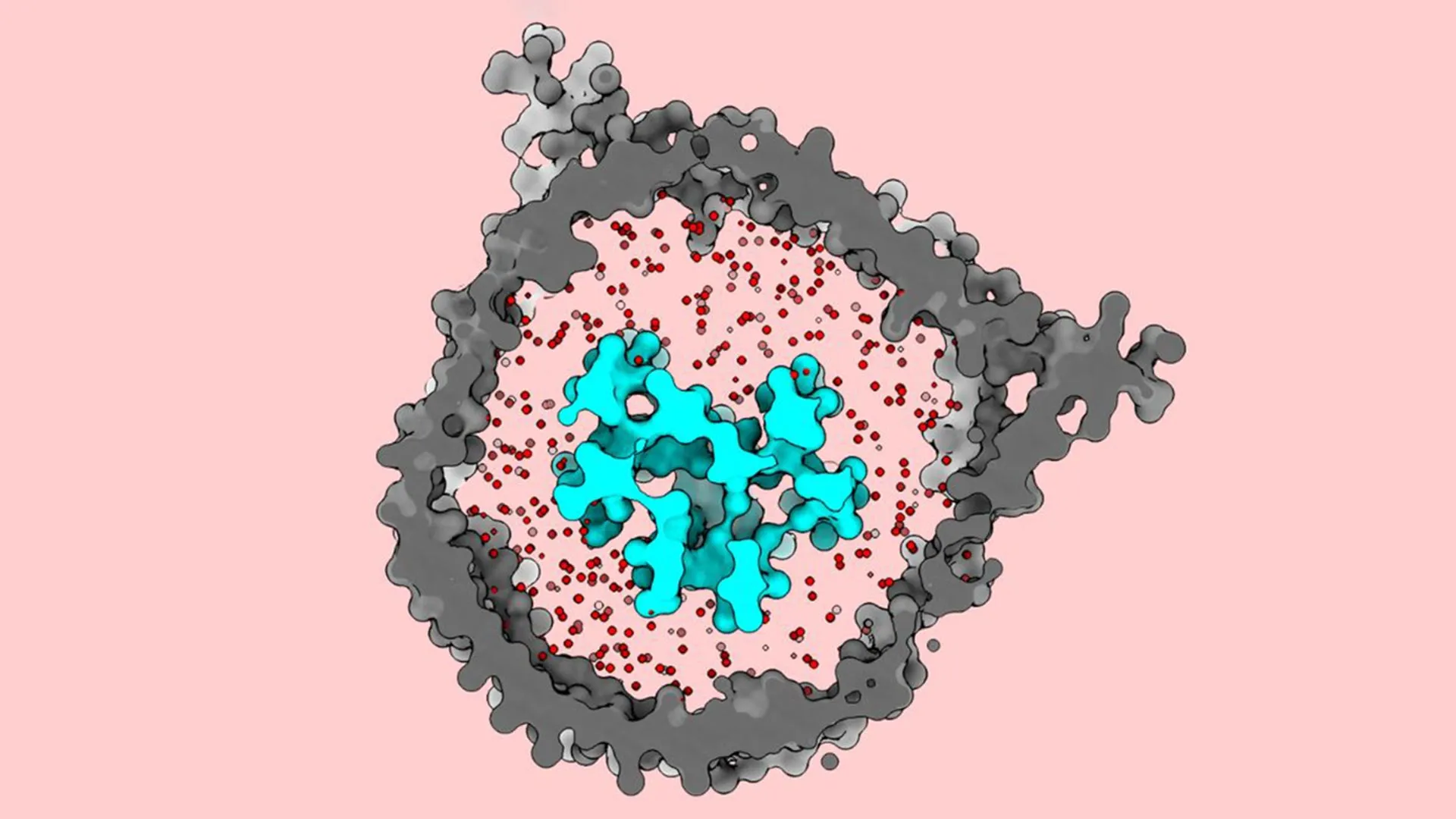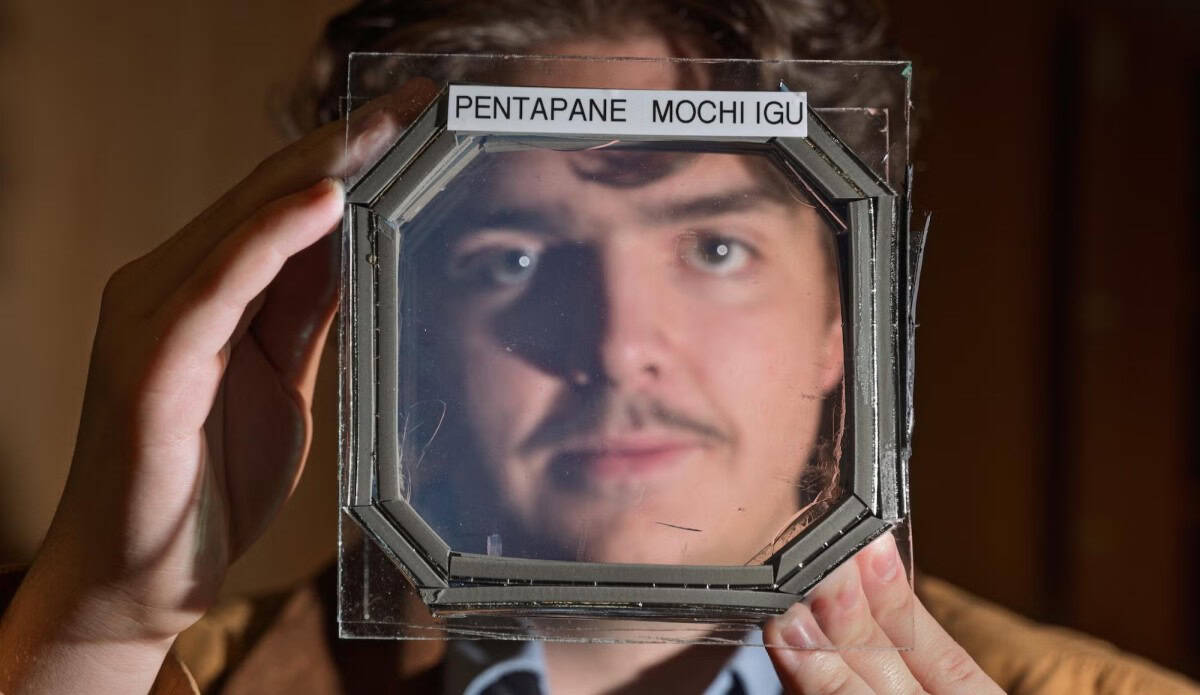2025 has been a massive year for NASA and all astronomers. Earth doesn’t have a formal “astronomy division,” but with all collaborations between space-scouring teams across the globe, it basically does. If we were scoping things out in the…
Author: admin
-

City allowing extra garbage bags for holiday season
With the holiday season approaching, and often more garbage accumulation than usual, the City of Saint John will be allowing two (2) extra bags of garbage per household during the two weeks after Christmas.
Residents on a weekly pickup schedule can place two extra bags of garbage at the curb without a bag tag starting Friday, December 26 and ending Wednesday, December 31.
Residents with a bi-weekly pickup schedule can place two extra bags of garbage at the curb without a bag tag on their regular pickup day, starting Friday, December 26 and ending Wednesday, January 7.
While the holiday season tends to generate more waste, residents and households are encouraged to continue to reduce what they throw in the garbage. A few ways to reduce waste include reusing gift bags, using recyclable gift wrap, composting food scraps and recycling cardboard and plastic packaging when possible.
Styrofoam, crinkly wrappers and bags, and other flexible packaging can be recycled at three redemption centers in the city: Golden Mile Redemption, Pubs Redemption, and Fundy Redemption Centre. For more information on recycling, visit Circular Materials website.
All Waste Wise program details can be found on the City’s website including an FAQ, bag tag vendor locations and sorting guides.
Here to help – For inquiries related to municipal services, contact the City of Saint John Customer Service Centre at (506) 658-4455, email [email protected] or visit us in person on the Ground Floor of City Hall, 15 Market Square, Monday to Friday (excluding holidays), 8:30 a.m. to 4:30 p.m.
Continue Reading
-

Alveo Technologies and Global Animal Health Partner to Deploy National-Scale Molecular Avian Influenza Surveillance Across Egypt
Deployment marks first mass-scale use of on-site, real-time molecular diagnostics for poultry disease monitoring, with plans to further expand across the Middle East
SAN FRANCISCO, Dec. 18, 2025 /PRNewswire/ — Alveo…
Continue Reading
-

Coventry City Council fined over rubbish being put in wrong bins
Mark Adams, the council’s acting director of city services, explained that the cost of the fines were high because the council has been charged twice.
He said: “If anything is contaminated, it has to be turned away so it is a double charge – we…
Continue Reading
-

A hidden T cell switch could make cancer immunotherapy work for more people
Over the past ten years, T cell immunotherapy has emerged as one of the most promising developments in cancer treatment. These therapies work by training a patient’s own immune system to detect and destroy dangerous cells. Despite their success,…
Continue Reading
-

Transparent and insulating aerogel could boost energy efficiency of windows – Physics World
Transparent and insulating aerogel could boost energy efficiency of windows – Physics World
